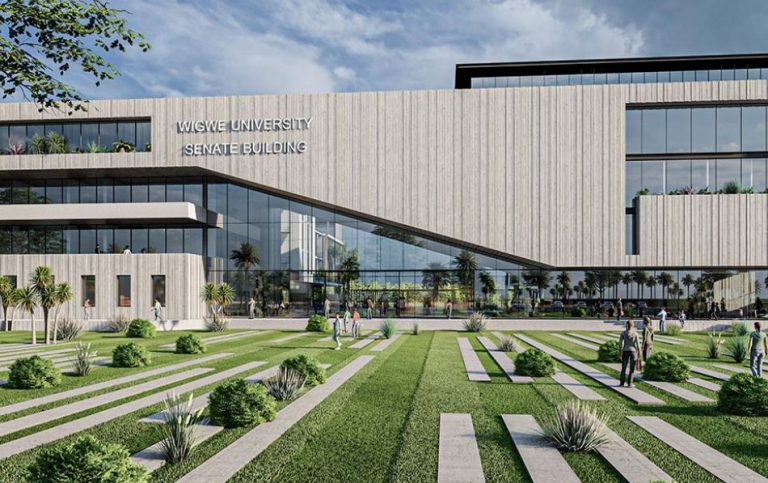The establishment of Wigwe University in Port Harcourt, Rivers State, has ignited a heated debate surrounding the affordability and accessibility of higher education in Nigeria. The university, set to open its doors to students in August 2024, has drawn attention for its upscale facilities and proposed fees, raising concerns about exclusivity and equity in education.
Named after the late Herbert Wigwe, co-founder of Access Bank PLC and visionary entrepreneur, the university aims to provide a world-class education while nurturing future African leaders. Situated in Isiokpo, Port Harcourt, Wigwe University boasts state-of-the-art facilities and a commitment to sustainability, with plans for 24-hour electricity, WiFi, and environmental conservation initiatives.
Despite its ambitious vision, Wigwe University has sparked controversy over its proposed fees, which are among the highest in Nigeria’s higher education landscape. With fees ranging from N9.6 million to N12 million per session, the university has been criticized for catering primarily to the elite, potentially excluding students from lower socioeconomic backgrounds.
The university’s management has defended its fee structure, emphasizing its commitment to excellence and the cultivation of fearless leaders who will drive transformative change in Africa. They argue that the investment in high-quality education justifies the higher fees, ensuring that students receive the best possible learning experience and preparation for success in a globalized world.
However, critics argue that the exorbitant fees create significant financial barriers for aspiring students, perpetuating socioeconomic inequalities and limiting access to higher education. Many deserving students may be unable to afford the high cost of tuition, even with scholarships or financial aid, leaving them effectively excluded from the educational opportunities provided by Wigwe University.
The debate over the affordability and accessibility of higher education in Nigeria is not new, with systemic challenges such as underfunding, strikes in public universities, and geographic disparities exacerbating the issue. While private universities like Wigwe University offer innovative solutions and academic excellence, they also face criticism for catering primarily to privileged students and reinforcing social stratification.
As Nigeria grapples with the challenge of expanding access to higher education while ensuring quality and affordability, the controversy surrounding Wigwe University highlights the complex dynamics shaping the country’s educational landscape. Ultimately, the success of initiatives like Wigwe University will depend on their ability to balance excellence with inclusivity, ensuring that all students have the opportunity to fulfill their potential and contribute to national progress.

